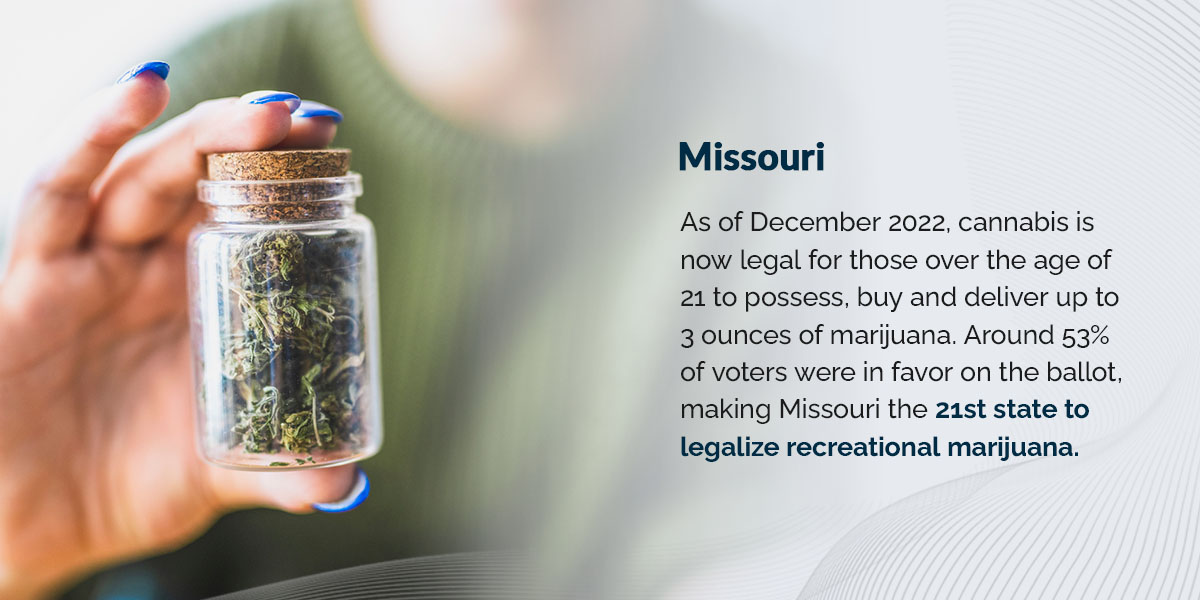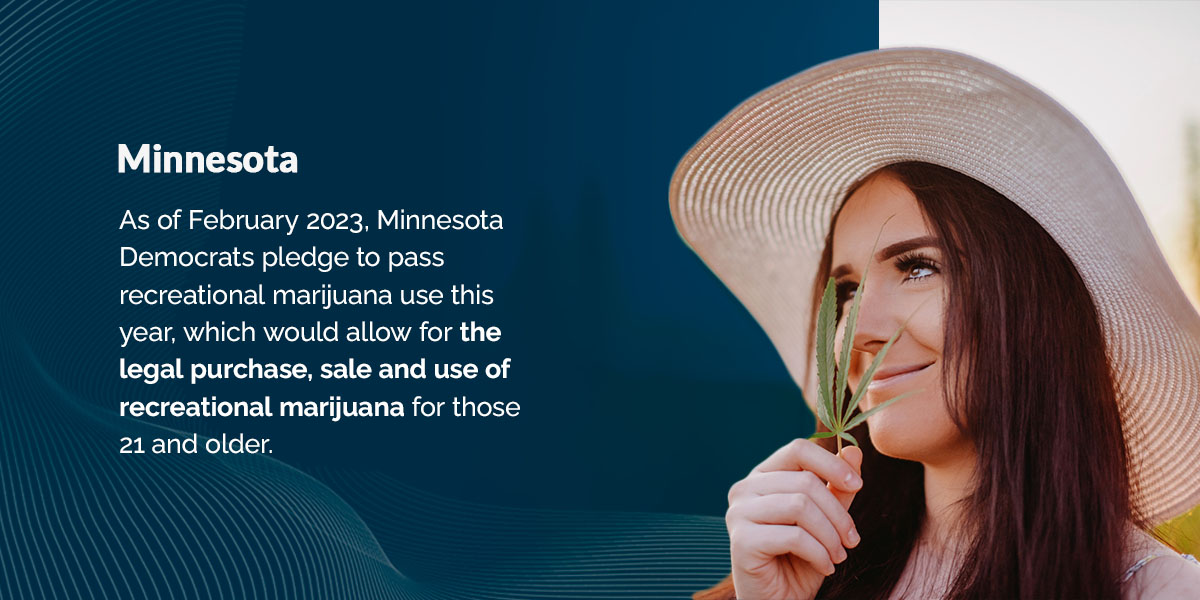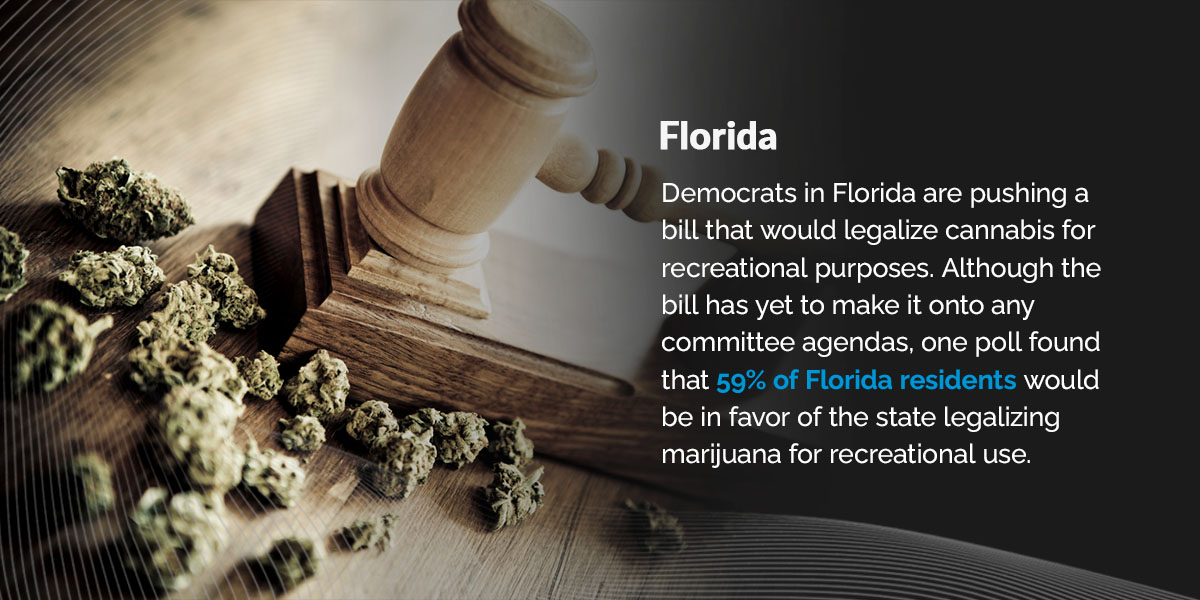
100+ Years of Combined Tax Resolution Experience.
100+ Years of Combined Tax Resolution Experience.
As of early 2023, cannabis-related legislation for both medicinal and recreational use has passed in numerous states. In fact, more states have legalized marijuana for either medicinal or recreational use than states that have not.
With states rapidly approving marijuana legislature, cannabis sales are quickly becoming a large component of the American economy. By the end of 2023, marijuana retail sales are projected to grow significantly, reaching over $31 billion in annual sales and potentially reaching $50 billion in sales by the end of 2028. Navigating the marijuana market requires knowing the legalization status in each state, along with how cannabis businesses are regulated and taxed.
Keep reading to learn which states have legalized recreational marijuana, which states are starting to allow medicinal marijuana, and how to optimize your business for the growing cannabis industry.
Table of Contents
States That Legalized Recreational Marijuana in or Before 2022
Here are the states that have recently legalized recreational marijuana use.
1. Missouri
Known as the “Show Me” state, Missouri showed people its stance when it made medical marijuana legal back in 2018. Although Missouri legalized marijuana, people had to remain aware of laws about traveling with recreational marijuana. When Colorado initially legalized marijuana, Kansas laws on possession meant felonies or worse for anyone trying to bring it back to Missouri.
As of December 2022, cannabis is now legal for those over the age of 21 to possess, buy and deliver up to 3 ounces of marijuana. Around 53% of voters were in favor on the ballot, making Missouri the 21st state to legalize recreational marijuana.
2. New Jersey
The Garden State began taking its nickname a bit more seriously when it made medicinal marijuana accessible in 2018. Although medicinal marijuana was signed into law for New Jersey in 2010, it was severely limited by Governor Chris Christie. However, in 2018, incoming Governor Phil Murphy expanded the law to apply to a wider scope of conditions, making it easier for patients to obtain medicinal marijuana.
Later, in 2020, New Jersey voted to legalize recreational weed as well, making marijuana completely legal in the state. Since legalizing cannabis for recreational purposes, New Jersey has been scrambling to form a Cannabis Commission that will be able to regulate the market.
In 2022, Governor Murphy signed the New Jersey Cannabis Regulatory, Enforcement Assistance and Marketplace Modernization (CREAMM) Act to legalize the sale and use of recreational marijuana. This act allows New Jersey residents aged 21 and over to purchase recreational marijuana at any licensed dispensary within the state.
In addition to legalizing recreational marijuana, the CREAMM Act also decriminalizes marijuana possession, requiring law enforcement and state courts to wipe marijuana-related offenses from citizens’ criminal records. It also calls for the State Legislature to put revenue from marijuana sales toward financial support initiatives for individuals in Impact Zones — communities disproportionally affected by the War on Drugs.
Recreational marijuana sales in New Jersey are subject to the state’s 6.625% sales tax. Like Maine, Alaska, Colorado and Nevada, New Jersey imposes a weight-based excise tax on recreational marijuana. As of January 2023, New Jersey has also enacted the Social Equity Excise Fee, which means Class 1 license holders will be charged $1.52 per ounce of cannabis sold.
3. New Mexico
New Mexico legalized marijuana in 2021 when Governor Michelle Lujan Grisham signed a legalization bill into law. Senator Jacob Candelaria introduced the bill and testified on its behalf.
This law, called the Cannabis Regulation Act, states that New Mexican adults 21 and over can legally possess up to 2 ounces of cannabis. This law also allows New Mexican residents to grow their own marijuana, with each person permitted to have up to six mature plants.
After this bill was signed, any person with a past marijuana offense that would now result in a lower sentence or become legal became eligible to have their records automatically expunged.
According to Candelaria, New Mexicans across the state felt similarly on the issue. Rural and urban areas alike were largely in favor. Many New Mexico residents agreed with Governor Lujan Grisham and her statement that recreational cannabis would be the next frontier, so to speak. She also empowered New Mexicans to consider the tens of thousands of jobs and $100 million in annual revenue that recreational cannabis could bring to New Mexico.
The sale of recreational marijuana became legal in New Mexico on April 1, 2022, allowing New Mexican adults 21 and older to make retail cannabis purchases. The law states that adult residents may purchase up to 2 ounces of marijuana — or comparable amounts in edible cannabis and liquid extract — from dispensaries and other licensed retailers within the state. However, they may keep a larger supply at home.
Since its legalization two years ago, recreational marijuana has brought in about $300 million in revenue, prompting hundreds of retail outlets and farms to produce cannabis products. As a result, over $25 million in excise taxes have been collected on recreational marijuana in the last year.
New Mexico imposes a 12% excise tax on recreational marijuana in addition to the state’s 5.13% sales tax. This excise tax is expected to reach 18% by the year 2030.
States That May Legalize Recreational Marijuana in 2023
As we make our way into 2023, we may see many states vote on recreational marijuana legislation. Here are the states to keep an eye out for this year.
1. Minnesota
Minnesota legalized marijuana for medicinal purposes in 2014, allowing for cannabis apprenticeships and loans that further past decriminalization attempts. According to government leaders, those negatively affected by marijuana laws may have a voice as to their future.
House majority leader Ryan Winkler has spoken openly about the bill. He has echoed some of his constituents and their desire to create an inclusive, just industry. Governor Tim Walz has also directed Minnesota state agencies to prepare to implement reform once the legislation passes. In other words, people are already discussing how to avoid a corporate-run industry ignoring those once punished for running a similar business.
In 2022, the Republican majority blocked legalization in the Senate. But as of February 2023, Minnesota Democrats pledge to pass recreational marijuana use this year, which would allow for the legal purchase, sale and use of recreational marijuana for those 21 and older. The bill would also create thousands of jobs and hundreds of millions in tax revenue.
If passed, the bill will likely be critiqued for its effect on taxes, intoxication rates, and ripple effects not yet out in the open.
2. North Dakota
After a couple of failed attempts, North Dakota finally legalized medicinal marijuana in 2016. However, legalizing recreational weed is proving to be even more difficult for the state. One initiative that got on the ballot in 2018 was rejected by nearly 60% of voters. Still, advocates are persisting in campaigning for ending marijuana prohibition in North Dakota.
In 2022, North Dakota’s citizens voted against the recreational use of marijuana for adults. If passed, this bill would have legalized up to 1 ounce of recreational marijuana possession and regulated use by late 2023. However, many state advocates are hopeful that legislators will consider the issue again in 2023, as the state already approved a cannabis decriminalization policy in 2019.
3. Texas
As of 2023, the recreational use of marijuana is still illegal in Texas. However, Texas passed the Compassionate Use Program in 2023, which allowed physicians to prescribe low-THC cannabis products for patients with certain conditions, such as epilepsy and multiple sclerosis.
In 2019 and 2021, this program expanded to include more conditions. In addition, Texas lawmakers recently passed a bill to decriminalize marijuana possession, in which 1 to 2 ounces of marijuana were reduced to a Class B misdemeanor, meaning those possessing that amount aren’t subject to arrest.
Citizens may see this as a sign that Texas will revisit the issue in 2023 or 2024, expanding medicinal marijuana use even further or introducing recreational use with strict limitations.
4. North Carolina
The N.C. Compassionate Care Act, SB3 passed in February 2023, allowing for medical marijuana use under tight regulations for prescriptions and dispensaries. However, in late March 2023, several legislators introduced a separate bill, Senate Bill 346, which would legalize the recreational use of marijuana in small amounts for adults in the state.
If passed, the bill would also enact a 20% state tax on the sale of marijuana with an additional 3% on municipalities. The tax revenue would be divided up into various educational, research and community programs. This means North Carolina voters may see recreational use become legal by the end of 2023 or early 2024.
States That May Legalize in 2024
Several states that have rejected recreational marijuana use in the past, even recently, may continue to put this topic on the ballot. Here are several states that may be next in approving recreational marijuana use in 2024.
1. Florida
Currently, Florida residents can use cannabis for medicinal purposes. Medical marijuana patients are not allowed to grow weed at home. In addition to already limitive legalization, some members of the Florida state legislature are attempting to restrict the amount of THC permitted in Florida’s medicinal cannabis, which affects the plant’s potency.
However, Democrats in Florida are pushing a bill that would legalize cannabis for recreational purposes. Although the bill has yet to make it onto any committee agendas, one poll found that 59% of Florida residents would be in favor of the state legalizing marijuana for recreational use.
Additionally, as of 2023, hundreds of thousands of voters have signed a petition to put recreational use on the ballot, which made its way to Florida’s Supreme Court. This means voters may get to vote on this issue soon if the Supreme Court approves it for reviewal.
2. Nebraska
Medical and recreational use of marijuana remains illegal in Nebraska. However, the state has made progress toward decriminalizing recreational use. Possession of under 1 ounce of marijuana results in a fine of up to $300 instead of jail time. Advocates in the state are hoping to see a new ballot in 2024 to decide on both medical and recreational marijuana use, while Judiciary Committee members discussed legalizing possession for adults that would follow a tax-and-regulate commerce model.
The Nebraska Cannabis Legalization Initiative may even appear on the 2024 ballot for this topic as an initiated constitutional amendment to legalize the use of marijuana if enough signatures are collected — 1.2 million signatures, to be exact. A strong network of Nebraska advocates continues to take action to qualify the measure for the ballot in 2024.
3. Ohio
Medical marijuana use is permitted in the state of Ohio under strict limitations. As for recreational use, the Ohio Marijuana Legalization Initiative may appear on the November 2023 ballot as an indirectly initiated state statute.
On the ballot, Ohio voters could be asked if the state should legalize possessing up to 2.5 ounces of marijuana. If passed, this initiative would also allow the state to collect a 10% tax.
4. South Dakota
Compared to North Dakota, South Dakota took far longer to legalize medicinal marijuana. However, South Dakota did legalize cannabis for medicinal use in 2020. Surprisingly, South Dakota residents also voted to legalize recreational marijuana, but Governor Kristi Noem remains a staunch critic of legalization, making South Dakota citizens still unable to purchase cannabis.
The November 2020 amendment received 54% approval from voters in the general election, which was short-lived for the state because it was overturned by the South Dakota Supreme Court in 2022 due to a lawsuit. South Dakota voters are already gearing up to see the topic on the 2024 ballot, and campaigners are receiving more support than ever before to have recreational marijuana legalized.
5. Tennessee
Senators Heidi Campbell and Bob Freeman introduced the Free All Cannabis for Tennesseans Act, in which the Department of Agriculture would cultivate, process and sell marijuana for recreational use. However, as of March 2023, no further action has been taken on this bill. With that being said, Representative Jesse Chism has also introduced a bill that would add marijuana-related questions to the 2024 election ballot.
These questions would aim to assess public interest in medical and recreational marijuana use in addition to decriminalizing some marijuana offenses. This may mean that by 2024 and beyond, Tennessee voters may get a chance to see more legislation passed in favor of marijuana use for adults.
Other States That Have Legalized Recreational Marijuana
In what states is weed legal? As a recap, let’s review the complete list of all states that have fully legalized the use of recreational marijuana as of 2023:
- Colorado: November 2012
- Washington: November 2012
- Alaska: November 2014
- Oregon: November 2014
- Washington, D.C.: November 2014
- California: November 2016
- Maine: November 2016
- Massachusetts: November 2016
- Nevada: November 2016
- Michigan: November 2018
- Vermont: January 2018
- Illinois: May 2019
- Montana: November 2020
- Arizona: November 2020
- Virginia: April 2021
- Connecticut: June 2021
- Rhode Island: May 2022
States That Continue to Reject Recreational Marijuana Use in 2023
While many states are slowly getting on board with the benefits of legalizing recreational and medicinal marijuana use, several states continue to keep marijuana use fully illegal as of 2023, which include:
- Kansas
- Wyoming
- Idaho
- Indiana
- South Carolina
Capitalizing on the Cannabis Industry
As more and more states begin to legalize recreational weed, it seems as if marijuana becoming fully legal in the United States is only a matter of time. In the meantime, people are still looking at possible changes in taxes, revenue and even upending old court rulings.
If you are one of these people, you could benefit from a free consultation with Polston Tax Resolution & Accounting. We provide specific cannabis CPA accounting and tax services at Polston Tax, empowering you to meet the future with a smile. We also provide testimonials of customers just like you.
For more information about running a successful cannabis business, contact Polston Tax today.
More On Cannabis CPA Accounting & Tax Services
- Cannabis CPA Accounting & Tax Services
- How Your Business Can Pay Less Cannabis Taxes
- Cannabis Tax Season: How to File Marijuana Taxes
- Common Accounting Problems That Cannabis Businesses Face
- When to Hire a Small Business Accountant for Your Cannabis Company
- Can’t Pay Taxes: 4 Options Cannabis Companies Should Know
Additional Readings

Your Complete Guide to Understanding Cannabis Tax Running a legitimate cannabis business can be tricky since marijuana is still illegal under federal law. Currently, 24 states plus the District of Columbia have legalized the recreational use of marijuana, and 14 other states allow it for medical use only. Projections estimate revenue to reach $42.98 billion in 2024 in the United States. Yet, federal law...
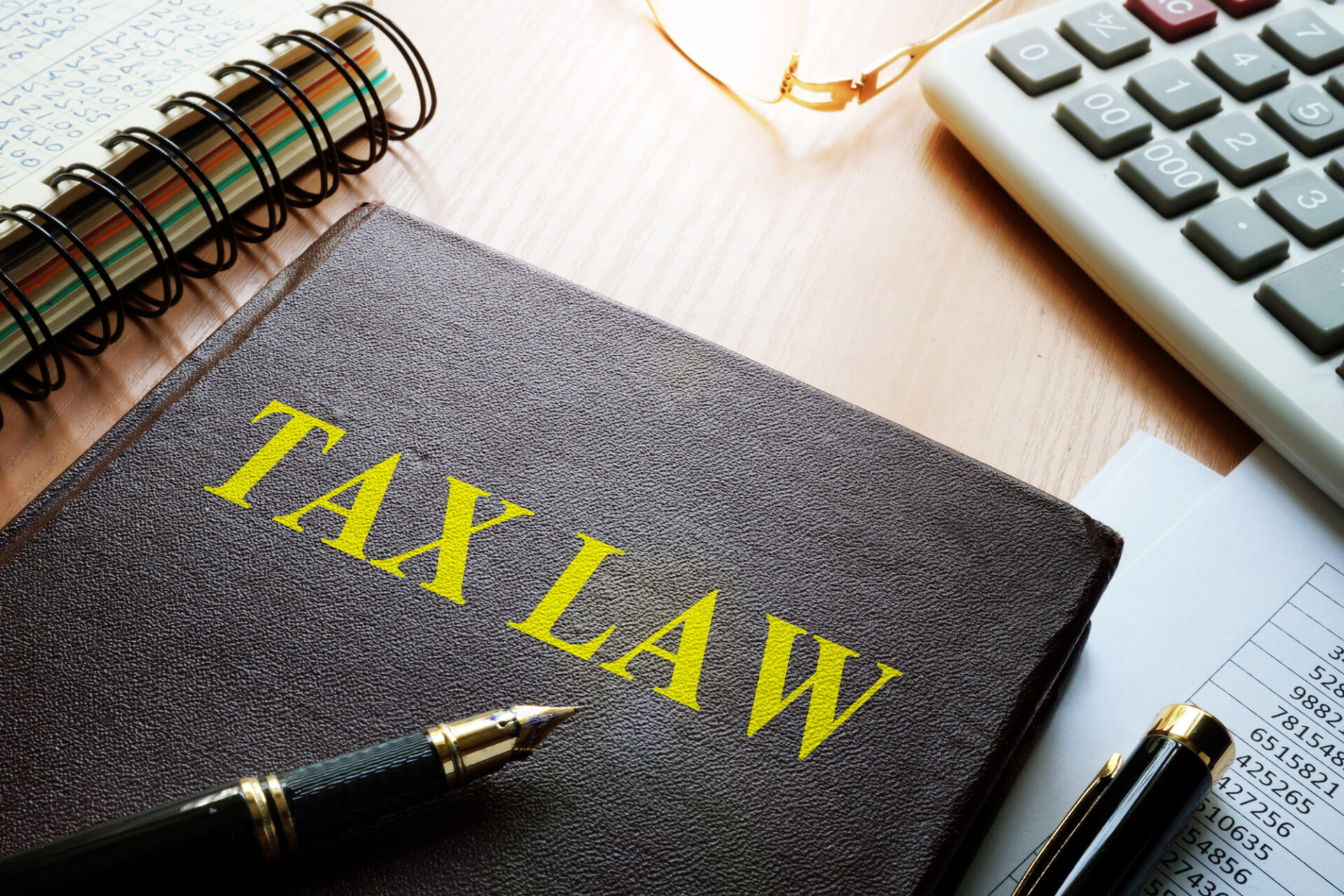
A 2019 study estimated that there were 340,000 jobs in the marijuana industry in the United States. This number reflects the growing social and legal acceptance of the plant. If you own one of the businesses providing these jobs, you’re part of one of the fastest-growing industries on the planet. However, every business has its...

If there’s anything certain in life, it’s death and taxes. Even with the ever-growing and profitable Cannabis industry, there’s one thing that makes taxes feel like death—and that’s the 280E tax code. If you’re a budding entrepreneur coming up in the cannabis business, you’ll want to learn everything you can about 280E and more. You...

Cannabis companies are under a lot of financial pressure, not just to turn a profit but also to pay taxes. There is a price to pay for having a cannabis business in the form of taxes. These companies are among the highest taxed in the country, as state and federal governments seek to get their share of the profits. The...
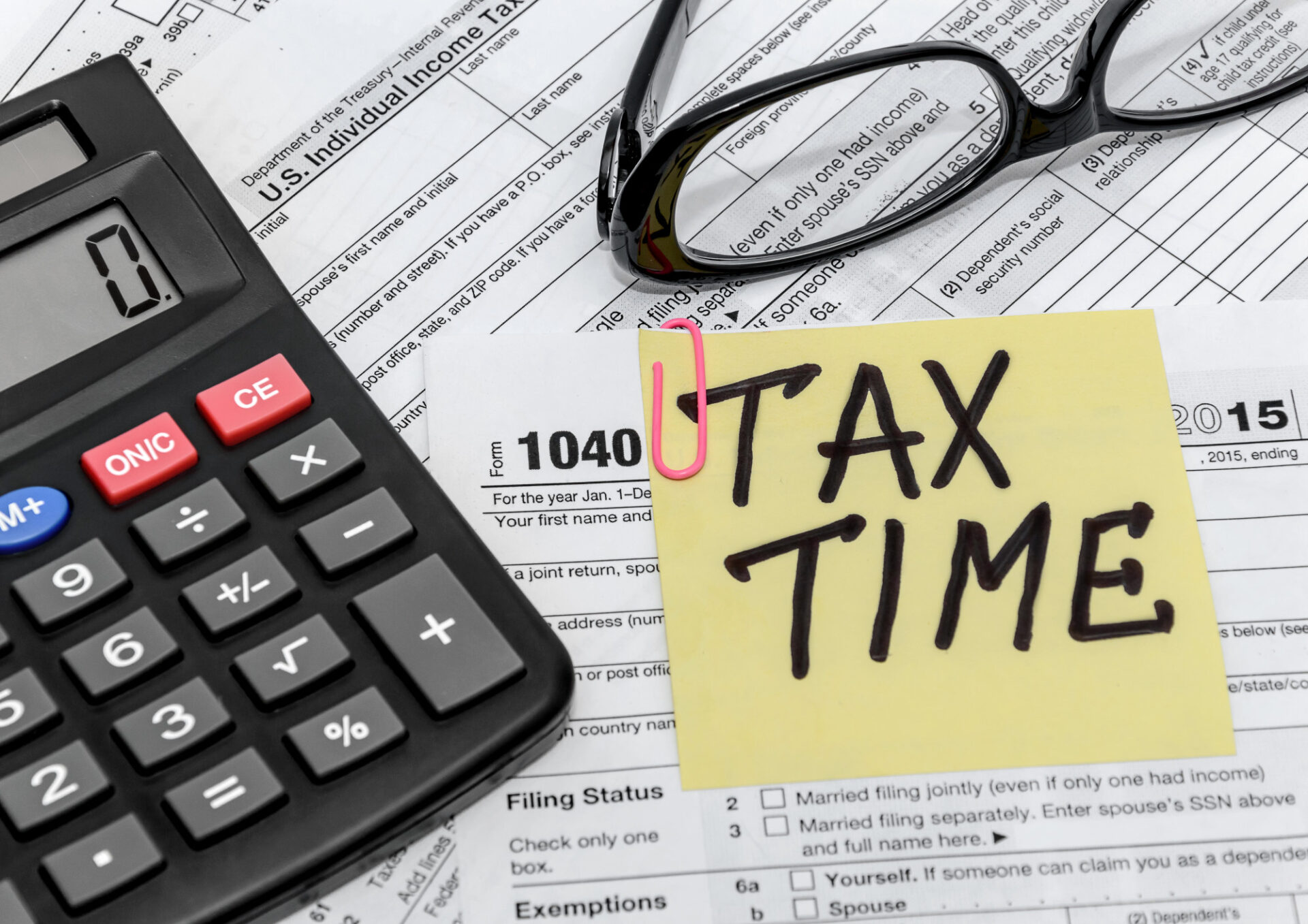
The marijuana industry has generated more than $52 billion in sales and is expected to create 330,000 jobs by 2022. This is the best time to be in the marijuana industry, but because it’s so new, there are many potential pitfalls. The biggest potential pitfall is marijuana taxes. There are many marijuana tax issues that...

Did you know that a total of 55 corporations paid $0.00 taxes on their profits last year? While corporation tax differs from cannabis business tax, that doesn’t mean you can’t use tips and tricks to save money. Being strategic and frugal can mean the difference between thriving or failing as a business. It may seem like there...

